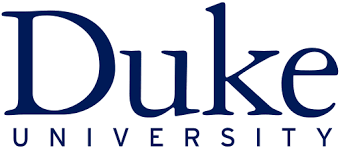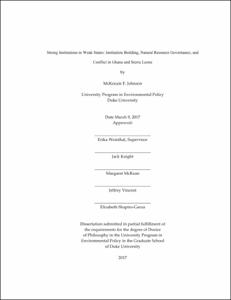Location
Approved by the Duke University Board of Trustees October 1, 1994, and revised February 23, 2001, the Mission Statement for Duke University reads as follows:
"James B. Duke's founding Indenture of Duke University directed the members of the University to 'provide real leadership in the educational world' by choosing individuals of 'outstanding character, ability, and vision' to serve as its officers, trustees and faculty; by carefully selecting students of 'character, determination and application;' and by pursuing those areas of teaching and scholarship that would 'most help to develop our resources, increase our wisdom, and promote human happiness.'
“To these ends, the mission of Duke University is to provide a superior liberal education to undergraduate students, attending not only to their intellectual growth but also to their development as adults committed to high ethical standards and full participation as leaders in their communities; to prepare future members of the learned professions for lives of skilled and ethical service by providing excellent graduate and professional education; to advance the frontiers of knowledge and contribute boldly to the international community of scholarship; to promote an intellectual environment built on a commitment to free and open inquiry; to help those who suffer, cure disease, and promote health, through sophisticated medical research and thoughtful patient care; to provide wide ranging educational opportunities, on and beyond our campuses, for traditional students, active professionals and life-long learners using the power of information technologies; and to promote a deep appreciation for the range of human difference and potential, a sense of the obligations and rewards of citizenship, and a commitment to learning, freedom and truth.
“By pursuing these objectives with vision and integrity, Duke University seeks to engage the mind, elevate the spirit, and stimulate the best effort of all who are associated with the University; to contribute in diverse ways to the local community, the state, the nation and the world; and to attain and maintain a place of real leadership in all that we do.”
Members:
Resources
Displaying 1 - 1 of 1Strong Institutions in Weak States: Institution Building, Natural Resource Governance, and Conflict in Ghana and Sierra Leone
Since the end of the Cold War, natural resources have assumed an increasingly prominent role in security, conflict, and peace studies. Scholars and development practitioners alike view the development of strong institutions, which aim to domesticate global regulatory regimes that foster neoliberal principles like privatization, transparency, and accountability, as necessary to mitigate natural resource conflict in resource-rich states, as well as enhance opportunities for peace and social justice.


